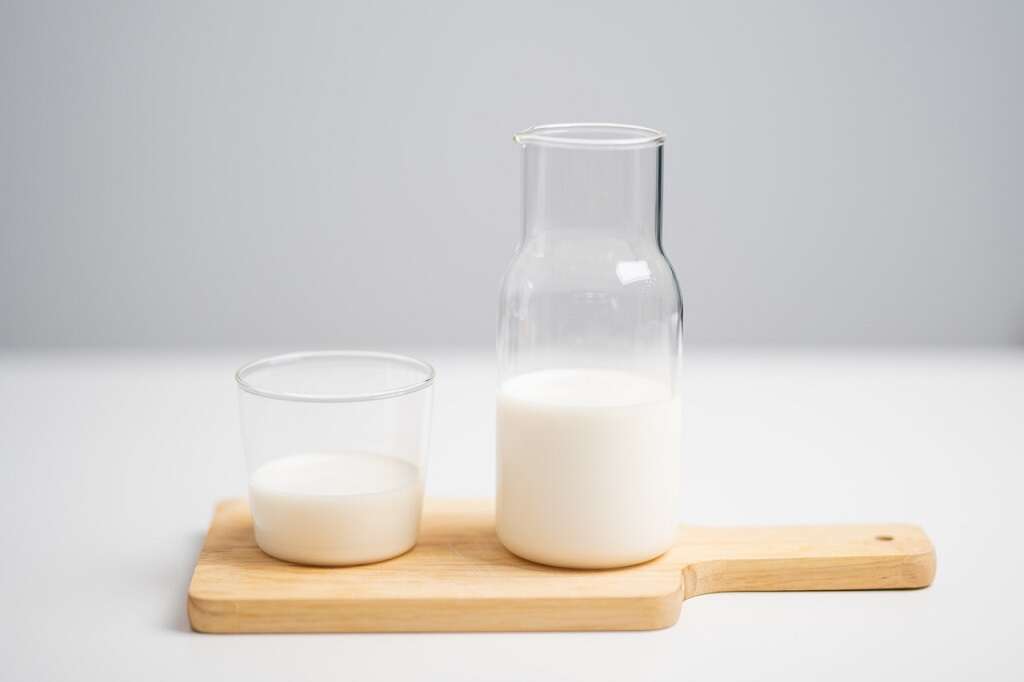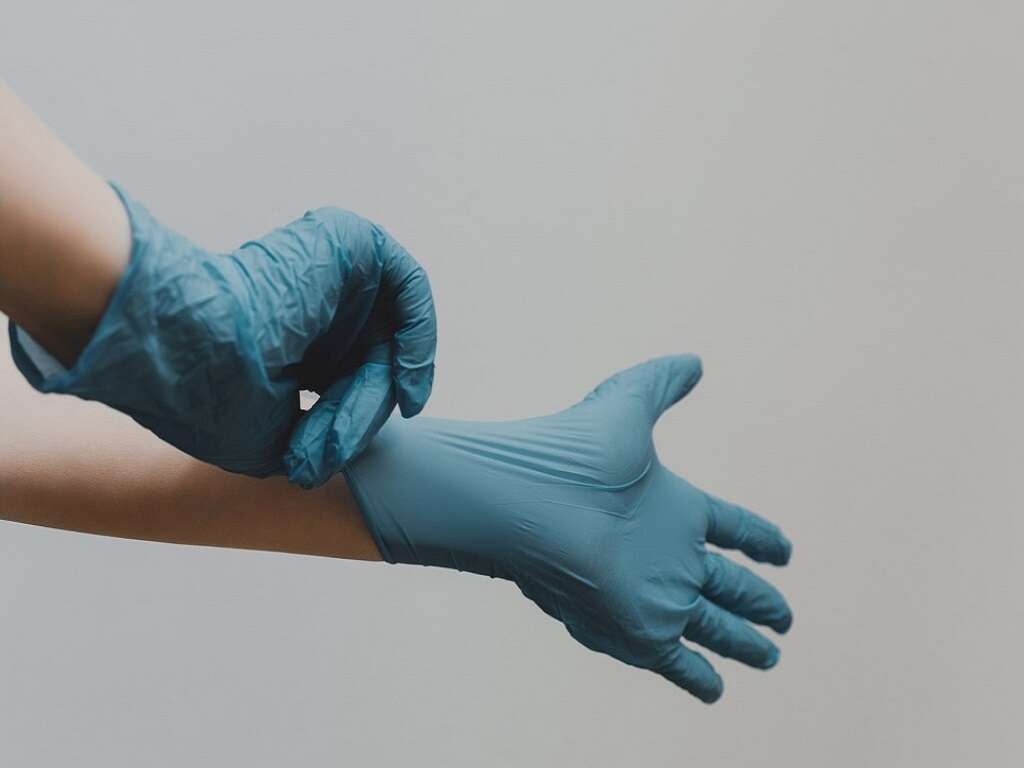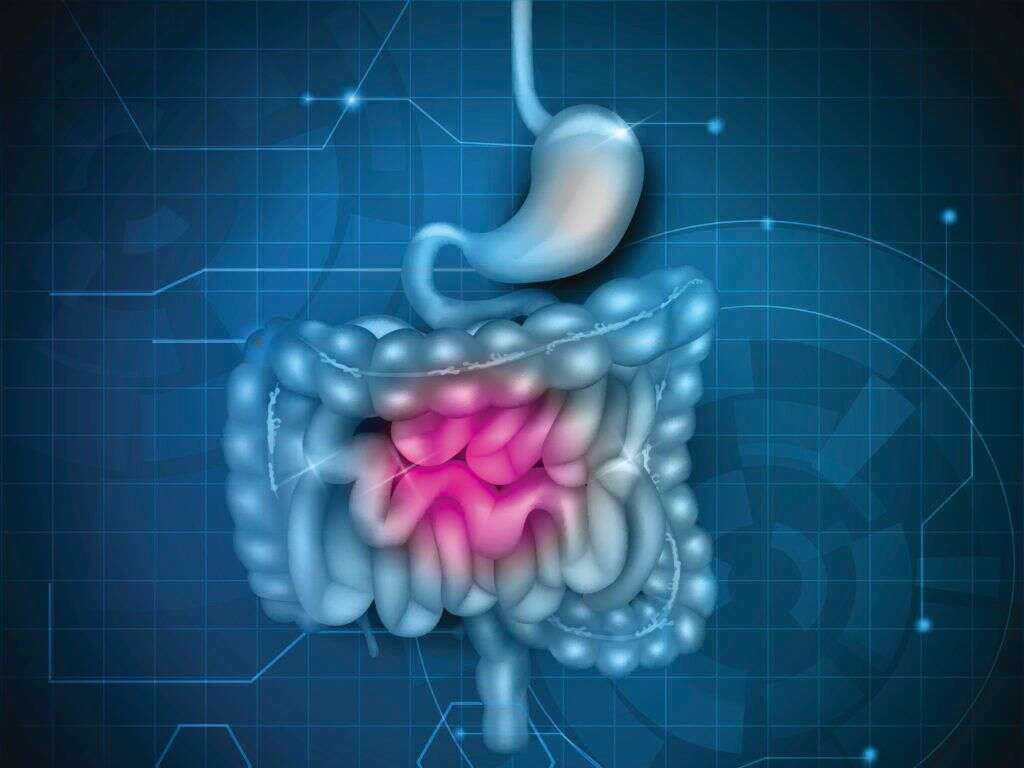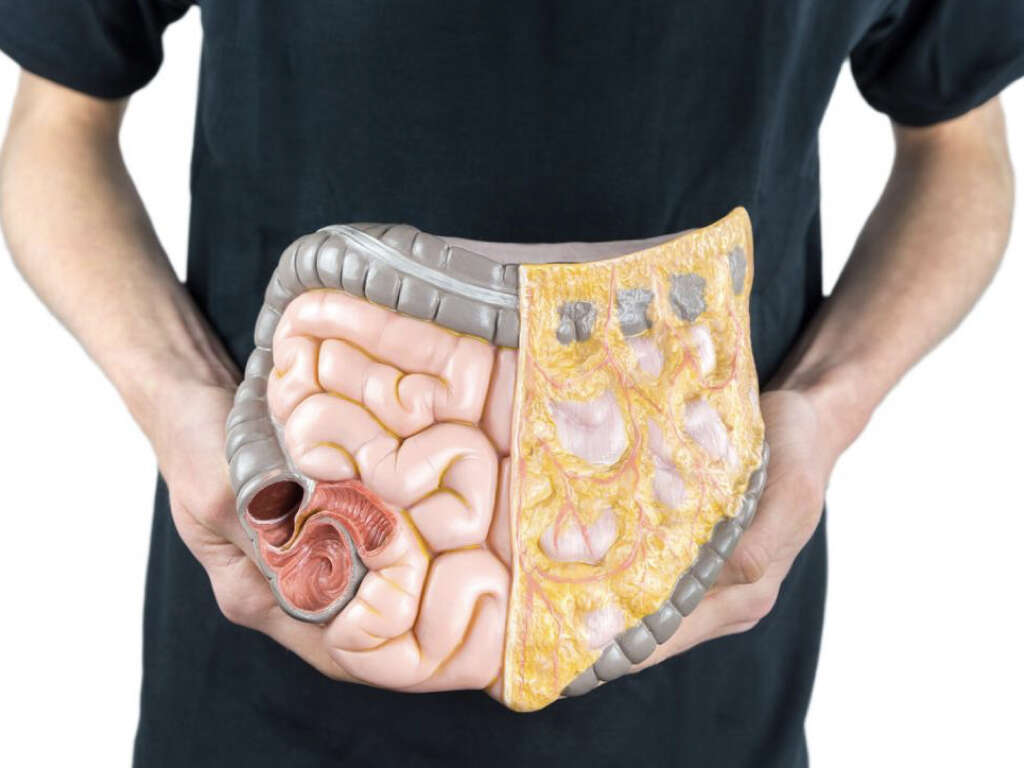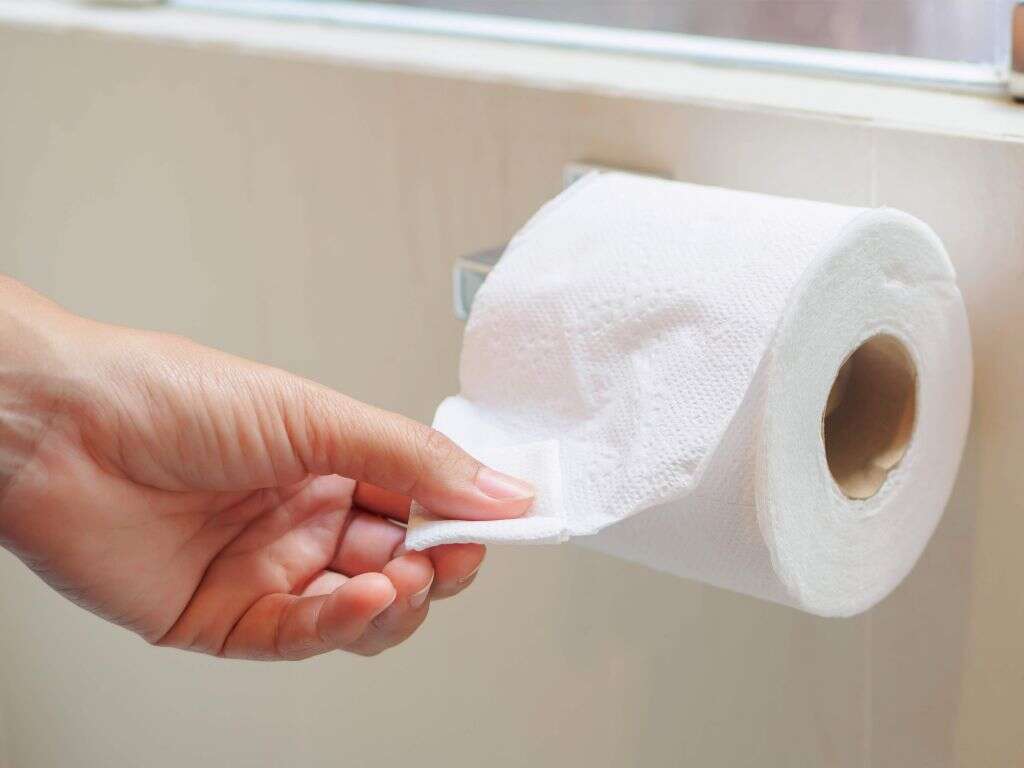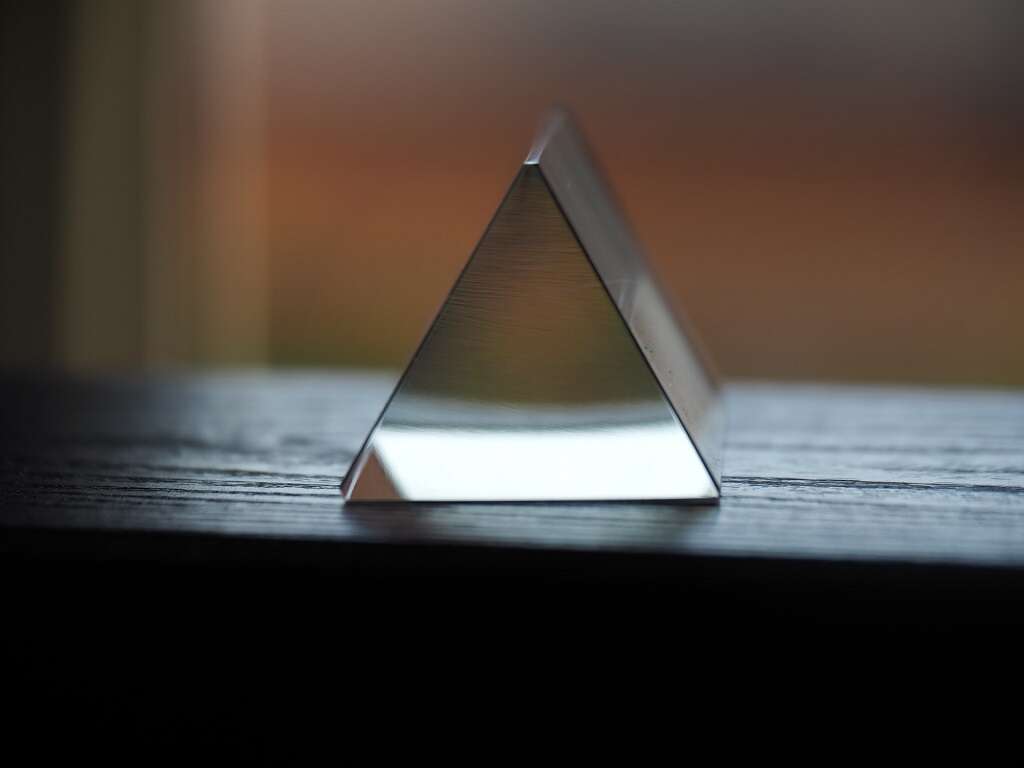Large Intestine Function Overview
 Article Sources
Article Sources
- 1. Quigley, Eamonn M M. 'Gut Bacteria in Health and Disease.' Gastroenterology & Hepatology, Millennium Medical Publishing, Sept. 2013, www.ncbi.nlm.nih.gov/pmc/articles/PMC3983973
- 2. Rinninella, Emanuele, et al. 'What Is the Healthy Gut Microbiota Composition? A Changing Ecosystem across Age, Environment, Diet, and Diseases.' Microorganisms, MDPI, 10 Jan. 2019, www.ncbi.nlm.nih.gov/pmc/articles/PMC6351938
- 3. Sender, Ron, et al. 'Revised Estimates for the Number of Human and Bacteria Cells in the Body.' PLoS Biology, Public Library of Science, 19 Aug. 2016, www.ncbi.nlm.nih.gov/pmc/articles/PMC4991899
- 4. Hsiao, William W L, et al. 'The Microbes of the Intestine: an Introduction to Their Metabolic and Signaling Capabilities.' Endocrinology and Metabolism Clinics of North America, U.S. National Library of Medicine, Dec. 2008, www.ncbi.nlm.nih.gov/pmc/articles/PMC4411945
- 5. Sears, Cynthia L. 'A Dynamic Partnership: Celebrating Our Gut Flora.' Anaerobe, Academic Press, 27 June 2005, www.sciencedirect.com/science/article/abs/pii/S1075996405000685
Formation of Waste
The villi in the large intestine cannot absorb some food products, such as dairy or cellulose. Such food products are mixed with other bodily waste products and compacted into hard, concentrated feces.
The large intestine passes the feces into the rectum, where it is stored for a period. After some time, the feces are eliminated through defecation, which involves the contraction and relaxation of the anus. The anal sphincter regulates the exit of the waste material.
Advertisement
